India Feels the Pinch: How the Ukraine War is Impacting Everyday Lives
Table of Contents
- Inflation eases below tolerance band of 6% | Latest News India ...
- Inflation in India: Structural or Transitory? - A closer look
- Hopes for Early Interest Rate Cut in India Dim as Inflation Threat ...
- India Inflation Rate Quickens in February Amid Supply-Chain Disruptions ...
- High Inflation in India - Civilsdaily
- RBI Rate Hold Likely as India Inflation Seen at Weakest in 18 Months ...
- Is Inflation Lowering in India? । In News । Drishti IAS English - YouTube
- Inflation in India
- ExplainSpeaking: Why February’s retail inflation matters for India’s ...
- Retail Inflation in India: Retail inflation below 7% in Oct, WPI eases ...
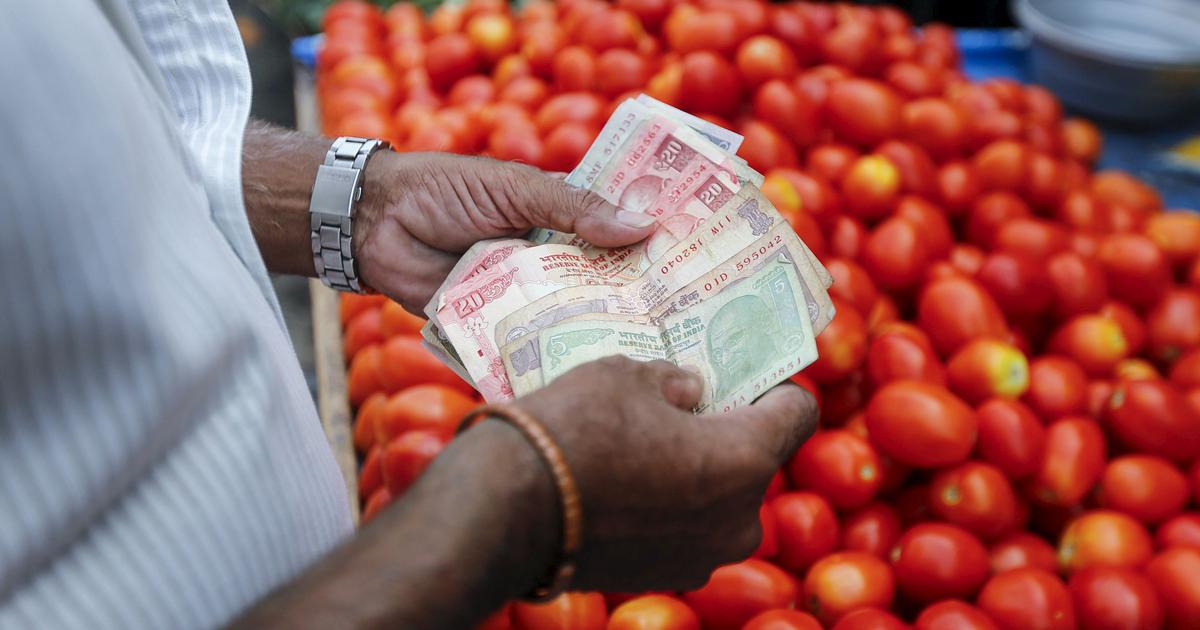

The Ukraine war has led to a significant increase in the prices of essential commodities such as food, fuel, and fertilizers. India, being a major importer of these commodities, is bearing the brunt of the price hike. The country's import bill has skyrocketed, putting a strain on its foreign exchange reserves. As a result, the Indian government has been forced to increase the prices of petrol, diesel, and other fuels, which has a cascading effect on the prices of other necessities.

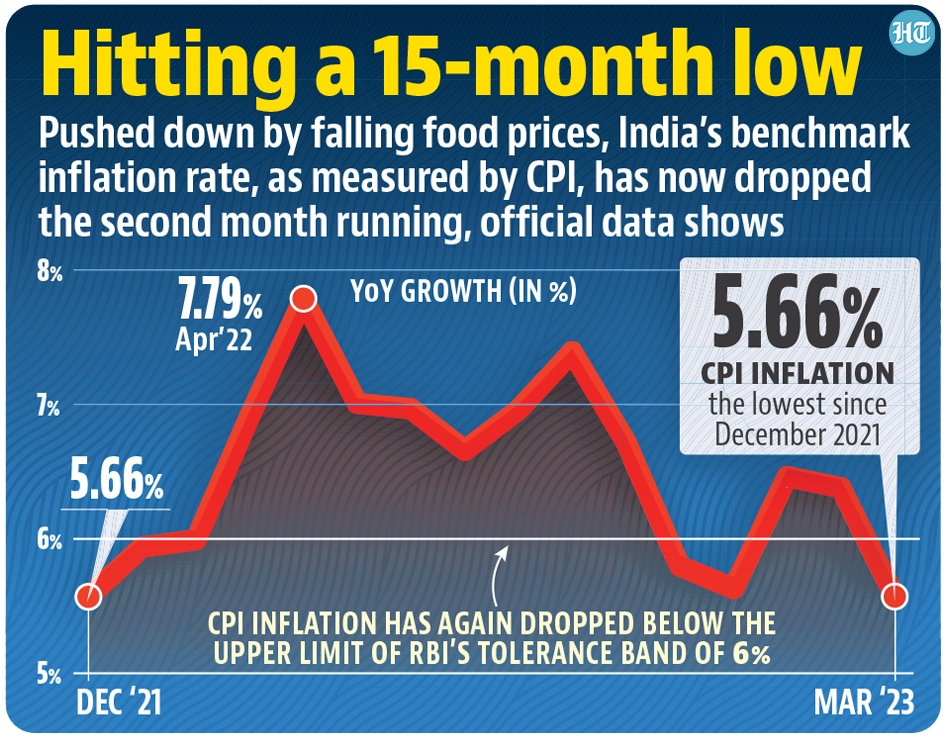
Rising Food Prices
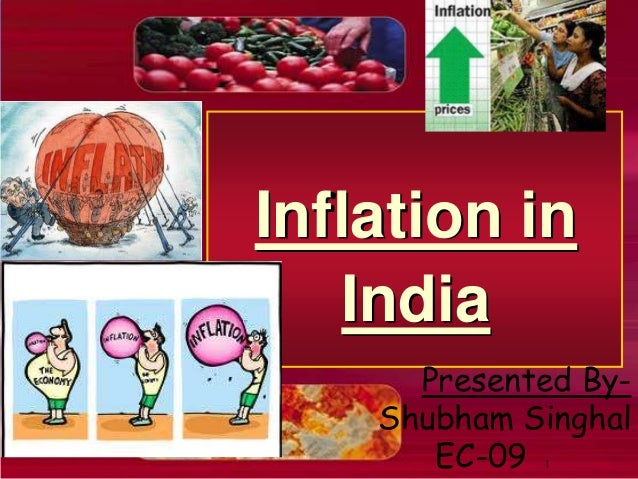
The price of food items such as wheat, rice, and pulses has increased significantly, making it difficult for low-income households to make ends meet. India is the world's second-largest producer of wheat, but it still imports a significant quantity to meet its domestic demand. The Ukraine war has disrupted global wheat supplies, leading to a shortage and subsequent price increase. The price of wheat has risen by over 20% in the past few months, making it difficult for bakers, confectioners, and other industries that rely heavily on wheat.
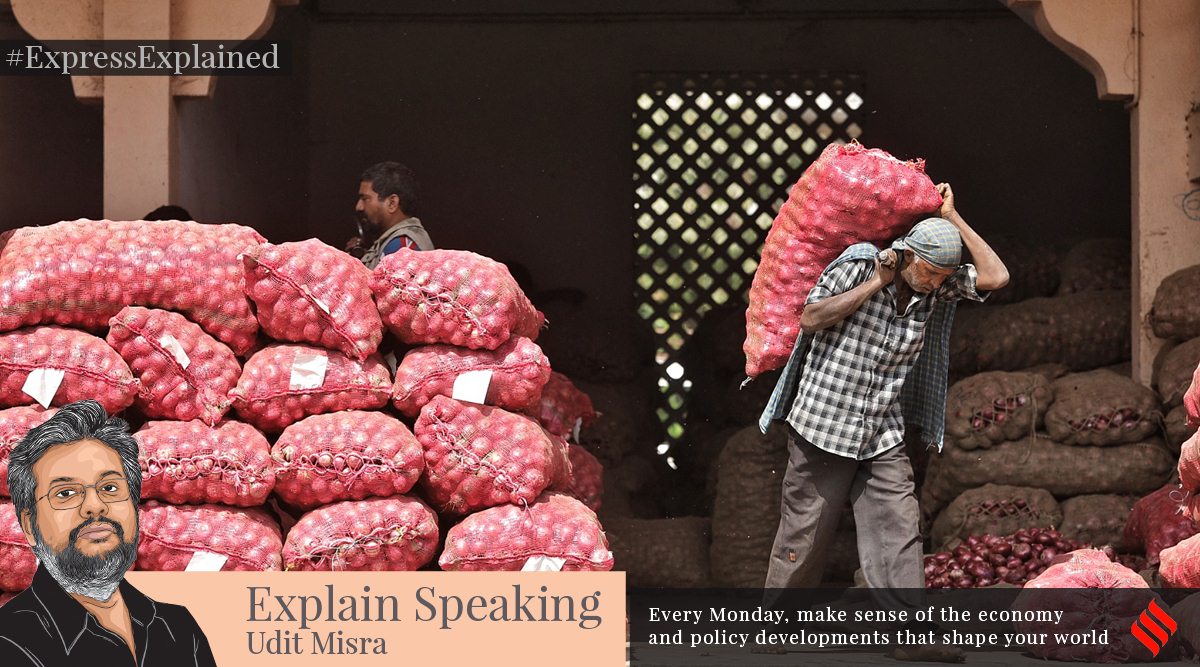
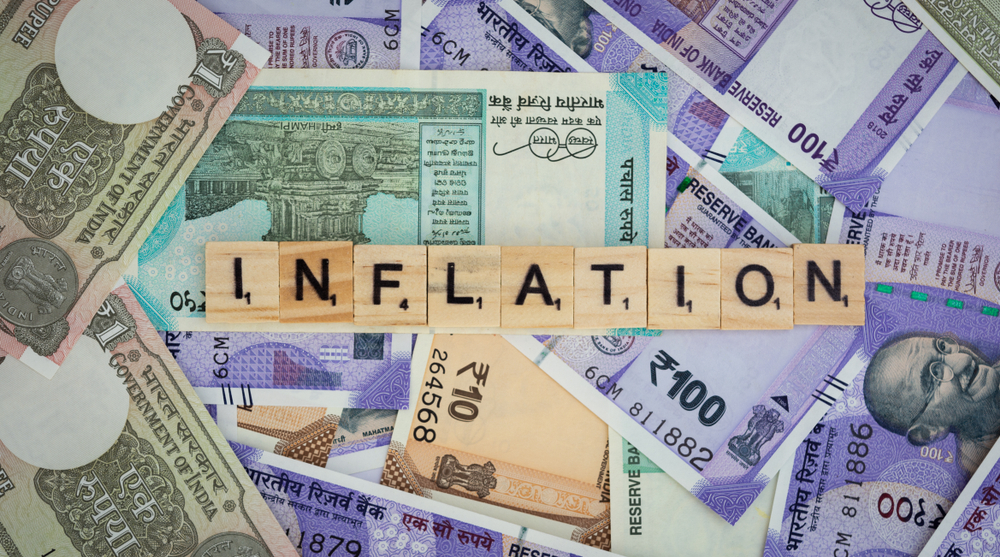
Fuel Price Hike

The price of fuel has also increased significantly, making it difficult for commuters to travel. The Indian government has increased the price of petrol and diesel by over 10% in the past few months, which has a cascading effect on the prices of other necessities. The increase in fuel prices has also led to a rise in transportation costs, which is being passed on to consumers. As a result, the prices of everyday items such as vegetables, fruits, and other essentials have increased, making it difficult for people to afford them.

Impact on Low-Income Households
The rising prices of necessities have a disproportionate impact on low-income households. These households spend a significant portion of their income on essential commodities such as food, fuel, and fertilizers. The price hike has reduced their purchasing power, making it difficult for them to afford even the basic necessities. Many low-income households are being forced to cut back on non-essential expenses, such as education and healthcare, to make ends meet.
In conclusion, the Ukraine war has had a significant impact on India's economy, leading to a rise in prices of necessities. The Indian government needs to take proactive steps to mitigate the impact of the price hike on low-income households. This can be done by increasing the supply of essential commodities, reducing taxes and duties, and providing subsidies to vulnerable sections of society. Only then can India hope to reduce the impact of the Ukraine war on its citizens and ensure that they are able to afford the basic necessities of life.

What Can Be Done?
To reduce the impact of the Ukraine war on India's economy, the government can take several steps. These include:
- Increasing the supply of essential commodities such as food, fuel, and fertilizers
- Reducing taxes and duties on these commodities
- Providing subsidies to vulnerable sections of society
- Encouraging domestic production of essential commodities
- Improving the efficiency of the supply chain to reduce transportation costs
By taking these steps, the Indian government can reduce the impact of the Ukraine war on its citizens and ensure that they are able to afford the basic necessities of life. The government needs to act quickly to mitigate the impact of the price hike and ensure that the economy is able to recover from the shock of the war.